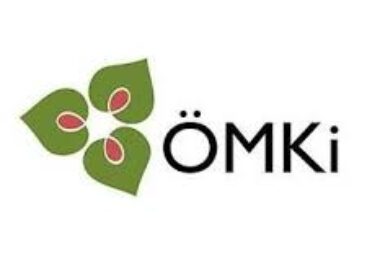Nébih: 7 out of 25 “rescue packages” were on the verge of compliance from a food safety perspective
The National Food Chain Safety Office (Nébih) recently conducted a product test under its Szupermenta program, focusing on fruit and vegetable food rescue packages. These increasingly popular packages, often available through mobile apps, aim to reduce food waste by offering near-expiry, cosmetically imperfect, but still consumable products at affordable prices.
 During the test, 25 fruit and vegetable rescue packages were evaluated, priced between 399 and 1500 forints, with weights ranging from 1.1 to 4.9 kilograms. Most packages were reserved via mobile apps, with samples collected from Budapest as well as Debrecen, Miskolc, and Tatabánya.
During the test, 25 fruit and vegetable rescue packages were evaluated, priced between 399 and 1500 forints, with weights ranging from 1.1 to 4.9 kilograms. Most packages were reserved via mobile apps, with samples collected from Budapest as well as Debrecen, Miskolc, and Tatabánya.
Quality and Food Safety Concerns
The regulatory inspectors identified the following issues among the tested packages:
- 7 packages were on the edge of meeting or failed to meet minimum quality standards.
- 5 packages posed potential food safety risks due to elevated mold counts.
- 3 packages did not meet basic quality requirements.
While E. coli bacteria was detected in one unwashed sample, the amount did not exceed the recommended threshold. On a positive note, Listeria was not found in any package. The laboratory tests highlighted the importance of regularly inspecting crates of fruits and vegetables in stores to maintain food safety.
Labeling Deficiencies
The inspection also revealed significant issues with labeling practices. Since the exact contents of food rescue packages are usually a surprise for customers, it is essential that they are accurately labeled. However, inspectors found numerous instances of incomplete or incorrect labels, indicating a need for improvement in many stores.
Consumer Preference Evaluation
The packages were also assessed from a consumer perspective. Lay participants and professional fruit and vegetable quality inspectors rated the packages based on a questionnaire, considering factors such as:
- packaging methods,
- quantity,
- value for money,
- the quality and condition of the fruits and vegetables.
Significance and Lessons from Food Rescue Packages
Food rescue packages are gaining popularity due to their affordability and contribution to reducing food waste. However, the Szupermenta program’s findings highlighted the importance of adhering to strict food safety and quality standards. The regulatory inspectors informed the relevant businesses about the issues and recommended improvements to their practices.
Nébih emphasized that this program was exploratory, and detailed test results are available on the Szupermenta product testing website. The findings show that these packages have great potential, but maintaining consumer trust requires rigorous oversight and proactive efforts by businesses to ensure quality and safety.
Related news
We will protect the safety of Hungarian food by all means.
🎧 Hallgasd a cikket: Lejátszás Szünet Folytatás Leállítás Nyelv: Auto…
Read more >Organic Agricultural Research Institute: Hungarian apples are safe
🎧 Hallgasd a cikket: Lejátszás Szünet Folytatás Leállítás Nyelv: Auto…
Read more >Related news
Pálinka, my love…
🎧 Hallgasd a cikket: Lejátszás Szünet Folytatás Leállítás Nyelv: Auto…
Read more >Not a turnaround, but consolidation: an agricultural outlook for 2026
🎧 Hallgasd a cikket: Lejátszás Szünet Folytatás Leállítás Nyelv: Auto…
Read more >








